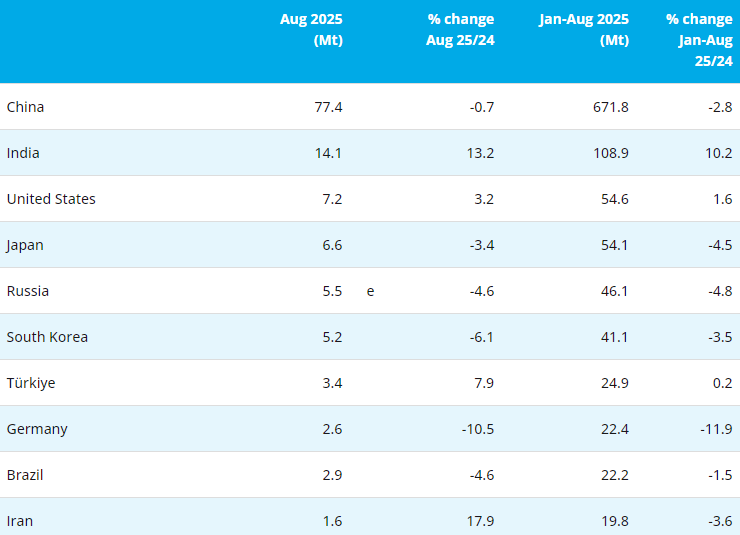The Australian reported that for many years finding large deposits of the world's most important commodity after oil has been difficult and largely haphazard. Small iron deposits are common but the giant deposits that the big miners are looking for are much harder to find.
The problem is that geologists still don't know how those huge ore bodies form and that makes it hard to look for them. But three new studies may help solve those mysteries.
The University of Alberta's Professor Mr Jeremy Richards and Dr Jamie Wilkinson of the UK's Imperial College have been examining iron ore deposits above subduction zones, where continental plates slide under each other.
Prof Richards argues that large iron ore deposits form when warm magma pockets are shaped by distinct plate movements, surrounded by reactive rocks and are regularly flushed with fresh magma and groundwater.
However Dr Wilkinson thinks large ore deposits form when underground magma is saturated with sulphide which concentrates the tiny trace amounts of metal in the magma. Heat then binds the tiny molecules of the same metal together until masses of gold, iron and nickel and other metals are formed.
Mr William Griffin Professor of Macquarie University, who's been studying the distribution of diamond, gold and metal deposits, believed that the earth's mantle holds the key. He thinks the mantle acts like a mould that guides upwelling magma into pockets. If those pockets and the passages that lead to them from the earth's core are a certain shape and size, and made out of certain materials, then large ore deposits are likely to form when the magma cools.
He said that “The three reviews are the first to give a geochemical footprint for miners and geologists to look for when searching for large ore deposits. They are part of a collection of articles on economic geology, and argue that the search for giant deposits could potentially be made more efficient. The studies will be published in the UK journal Nature Geoscience.”
Copyright © 2013 Ferro-Alloys.Com. All Rights Reserved. Without permission, any unit and individual shall not copy or reprint!
- [Editor:editor]



 Save
Save Print
Print Daily News
Daily News Research
Research Magazine
Magazine Company Database
Company Database Customized Database
Customized Database Conferences
Conferences Advertisement
Advertisement Trade
Trade

















Tell Us What You Think